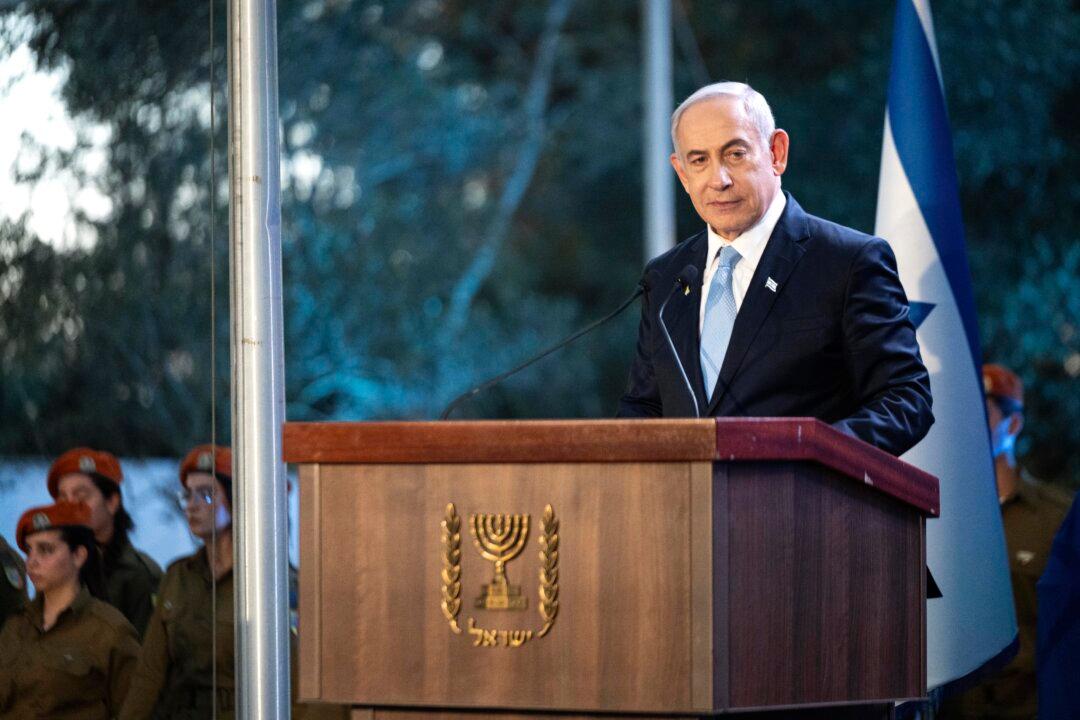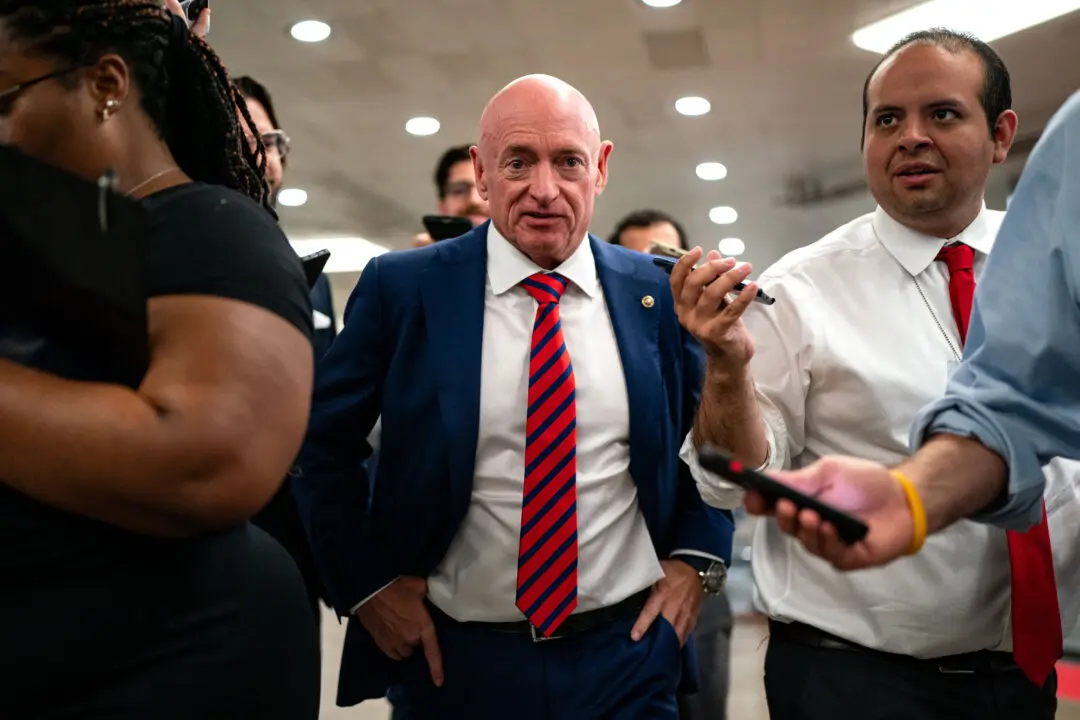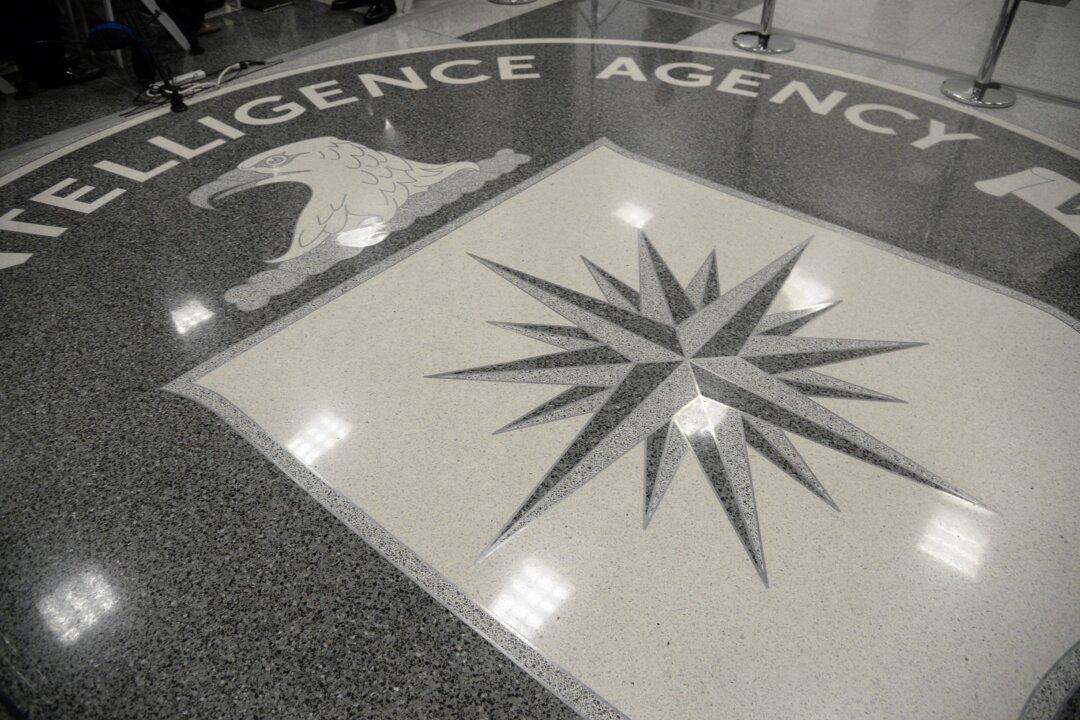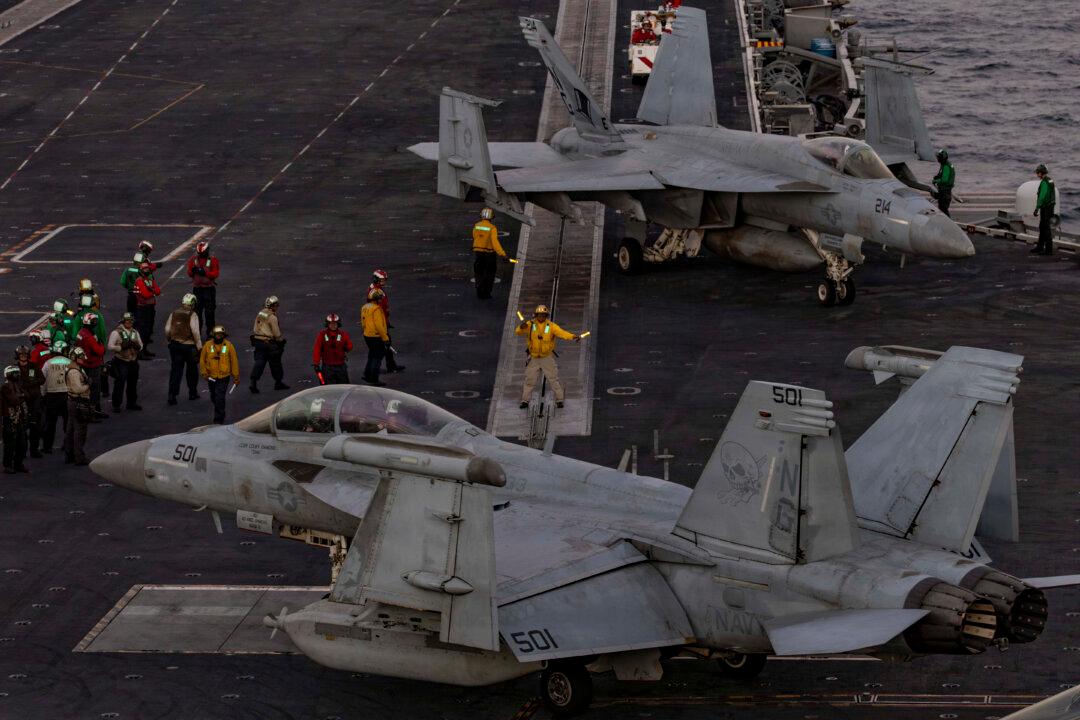Israeli Prime Minister Benjamin Netanyahu said his forces have killed two separate Hezbollah members named to replace Hassan Nasrallah, the leader of the internationally-designated terrorist group killed in a Sept. 27 Israeli airstrike.
Netanyahu made the announcement in an Oct. 8 address as he called on the people of Lebanon to reject Hezbollah’s influence in their country.





